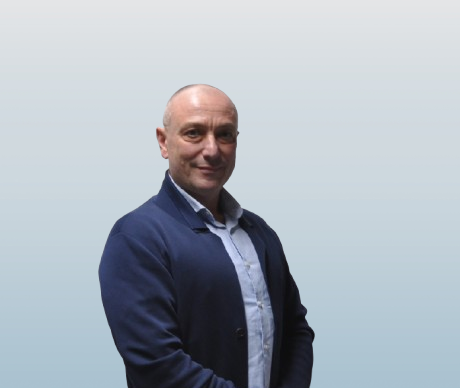Safety, passion and continuous growth in Imesa
Michela: Good morning Cristiano, the Work-Related Stress Risk Assessment Document has recently been updated, in line with Legislative Decree 81/2008. Would you like to tell us what was the approach adopted and what results emerged from this new analysis?
Cristiano: Of course! We followed a structured methodological path, actively involving the Evaluation Management Group and dividing the staff into six homogeneous groups. This allowed us to analyze both the sentinel events and the dimensions of content and context of the work in a timely manner. We are very satisfied with the overall results, all groups showed an “non relevant” level of risk, a very positive figure, especially when compared to the 2022 assessment, where critical issues classified as medium risk had emerged in some departments.
Michela: So we can talk about a concrete improvement in organizational well-being?
Cristiano: Exactly. The improvement is not accidental, but the result of constant work on multiple fronts: from the management of resources to the introduction of more flexible hours and greater attention to the needs of workers. This result encourages us, but does not stop us: we are already working on targeted improvement actions to further strengthen organizational well-being. Training, internal communication and attention to working conditions remain fundamental priorities for us.
We believe that mental health and the quality of the corporate climate are the basis for a healthy, productive and sustainable work environment.
Michela: How do these results relate to the welfare initiatives that the company is carrying out?
Cristiano: The assessment of work-related stress represents for us a concrete tool for listening and prevention, perfectly in line with our vision of welfare. It is not just a matter of complying with the legislation, but of promoting a 360-degree culture of well-being, where people and the quality of their daily work are at the center.
Through this type of analysis, we can detect weak signals, understand where to intervene, and design targeted actions that improve work-life balance and workload organization.
Michela: Cristiano, you play a double role at Imesa: RSPP and Quality Manager. So, talking about organizational well-being is a bit like talking about your daily work, right?
Cristiano: Absolutely. For me, quality and safety are two sides of the same coin: guaranteeing a safe environment also means guaranteeing an organization that works, where people work well, with adequate tools, sustainable times and positive relationships. This type of assessment is not only a regulatory obligation, but a valuable tool for continuous improvement, consistent with our approach to quality.
Michela: You have also been in Imesa for many years… Would you like to tell us about your journey?
Cristiano: It was 2006, the year in which Italy won the World Cup. A lucky year in many ways. I joined Imesa in June of that year, after a call from the then general manager Eng. Abramucci, who still had an old curriculum of mine, not even updated! I had already been working for a few years at another company, but the opportunity to join Imesa immediately struck me. I came from a different background, but I was very fascinated by the idea that there was no line production. This meant always different days, different customers, new situations every day. It is a stimulating environment, in which I have never been bored. And for those who, like me, are curious and love to test themselves, it is the ideal context. Right from the start I dealt with quality, environment and safety, initially supported by Gianmarco Marzocchi, who helped me find my way around.
I remember with particular intensity the period in which I dealt with safety on construction sites. I was in Sardinia for two years to follow an important photovoltaic plant. It was a fundamental experience. The work on the layout of the plant in Via Brodolini, in the midst of the Covid era, was also very challenging: we had to rethink the spaces for the electrical substations at a complicated time for everyone.
Michela: Today you are still in the Quality, Environment and Safety team as a manager. How has this function changed?
Cristiano: It is a continuous challenge. In Italy, the issue of security is more topical than ever, especially looking at the worrying data for the first quarter of 2025. In Imesa, fortunately, we are in clear contrast to the trend. We invest heavily in training, in BBS (Behavior-Based Safety), and we are building a safe working environment. A positive and concrete sign and the results of the analysis of work-related stress improved compared to 2022 demonstrate this.
Michela: A beautiful testimony of growth, commitment and concrete results achieved.
Cristiano: Thank you. The results of this evaluation show us that investing in organization, listening and prevention really works. It is the right path, and we will continue to follow it.
